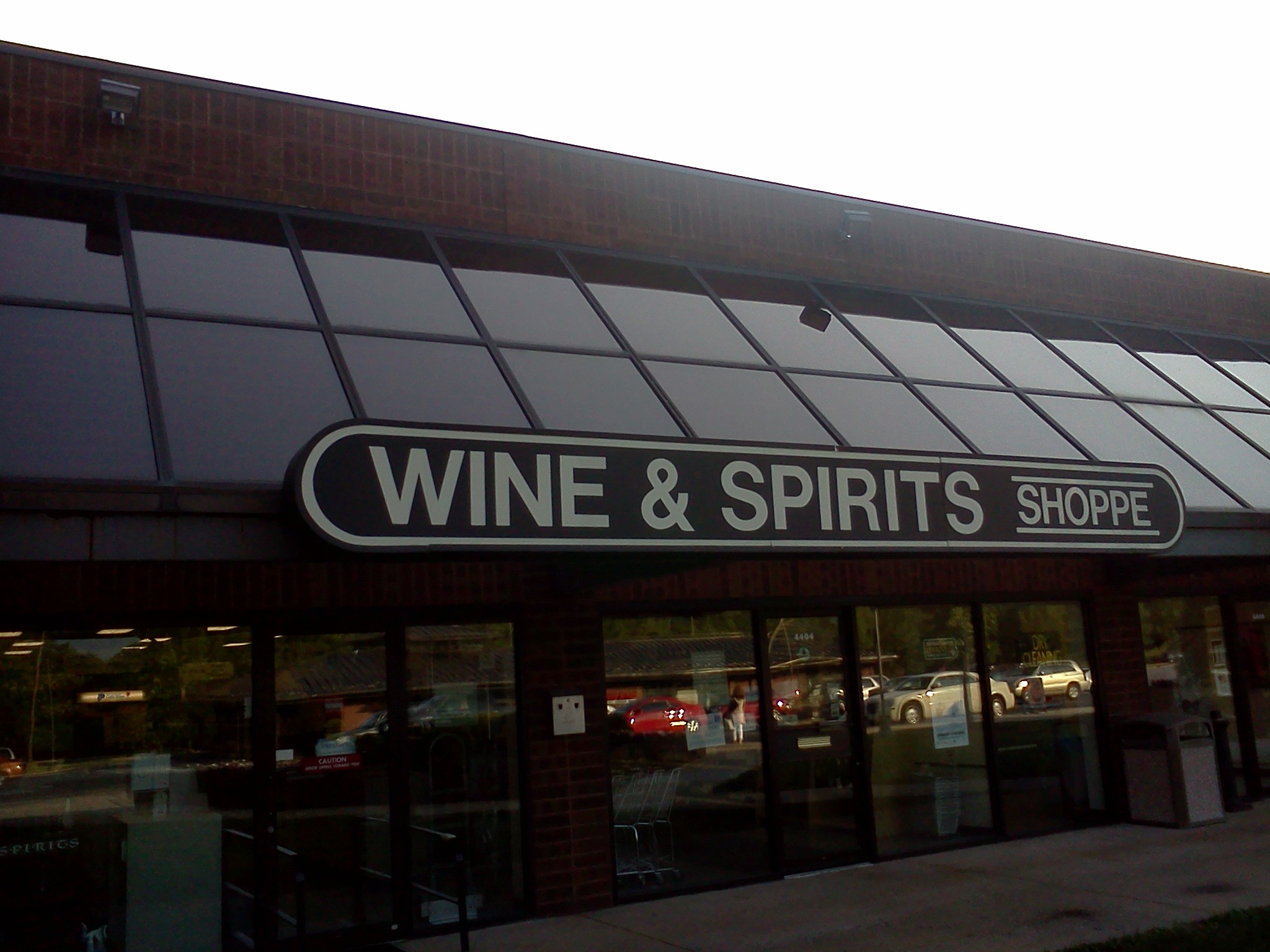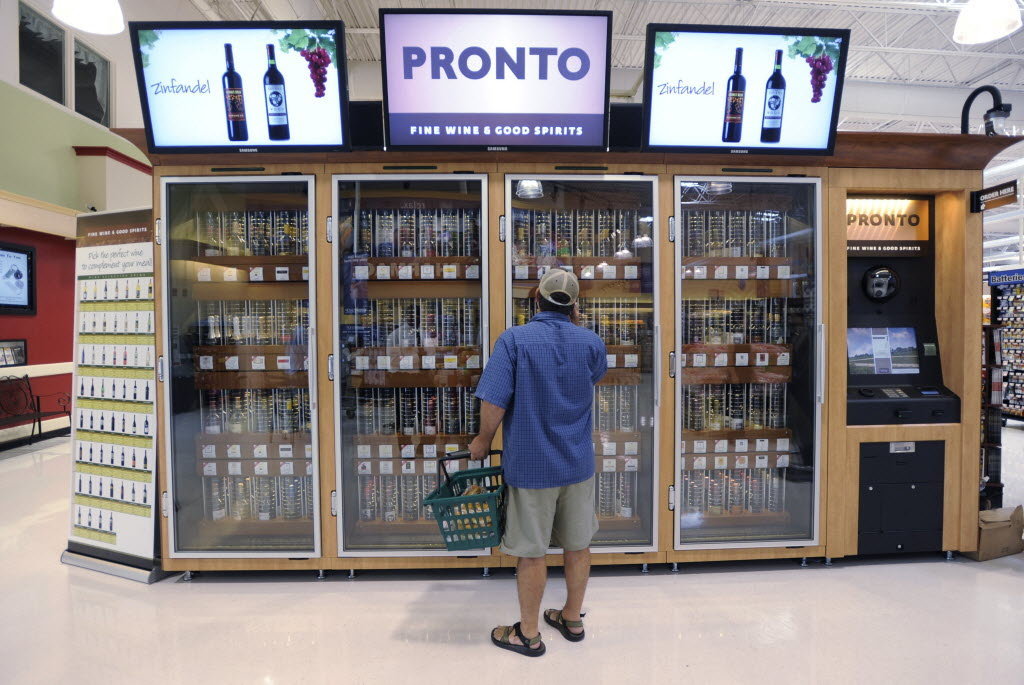There has been more criticism of the PLCB‘s wine kiosk program, this time from a special performance audit. Auditor General Jack Wagner says the program does not meet the goals of greater convenience or increased profitability, or reaching under-served areas. He says unless there are radical changes in the contract with the vendor, the LCB should terminate the contract.
Wagner says there are still 22 kiosks operating at supermarkets in Pennsylvania since Wegman’s pulled out of the program, but sales at those stores are running far below the LCB’s original projections.
Wagner the kiosks were not even open on Sunday. He adds the General Assembly needs to take the handcuffs off the LCB, permitting all of the state stores to be open seven days a week, 12 hours a day.
Joe Conti, CEO of the Pennsylvania Liquor Control Board, says the future of the kiosk program depends on the resolution of a financial dispute with the vendor over cost reimbursement. The vendor was declared in breach of the contract. There is a 45 day cure period which expires September 19th.
Conti agrees with Wagner that the state stores should be able to change their hours of operation. He says they need a legislative amendment to the liquor code to expand those hours. He says one was adopted last session but vetoed by then-Governor Ed Rendell. Conti says there is legislation moving again to expand the hours.
Conti called Wagner’s report very fair and balanced. He says they will certainly review the recommendations.
Wagner’s report recommends that if the contract for the kiosks is not terminated, the LCB should explore other options for testing blood alcohol concentrations at the kiosks and be more aggressive in holding the vendor accountable for ensuring the kiosks are fully functional at all times.
It recommends the LCB work with the General Assembly to pass legislation that would allow all stores and kiosks to be open seven days a week, with state stores open from 9 a.m. until at least 9 p.m. and kiosks available from 9 a.m. until midnight if they are housed in stores open during those hours. It also recommends the kiosk offer liquor sales as well as expand wine offerings.
The report finds the kiosks had more than 900 malfunctions before they were shut down last December for repairs. Even after they were brought back on line in January, there were more than 100 malfunctions reported from late January into late February.
The report also finds that the LCB has spent 1.12 million dollars more than it took in over two fiscal years on the program. The board has billed the vendor for the costs, but the vendor has not paid, resulting in the breach of contract situation.





